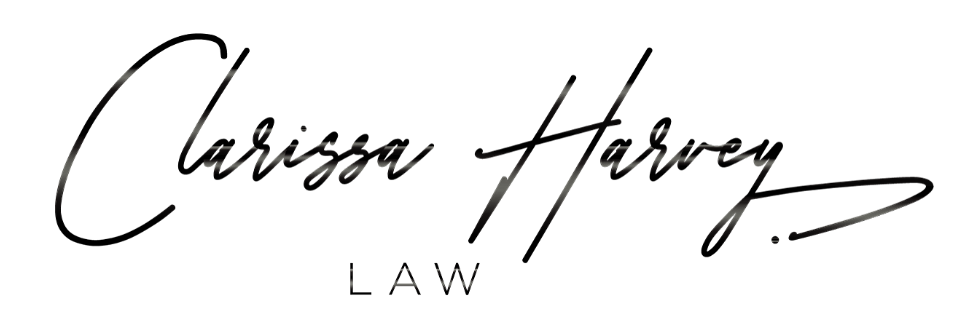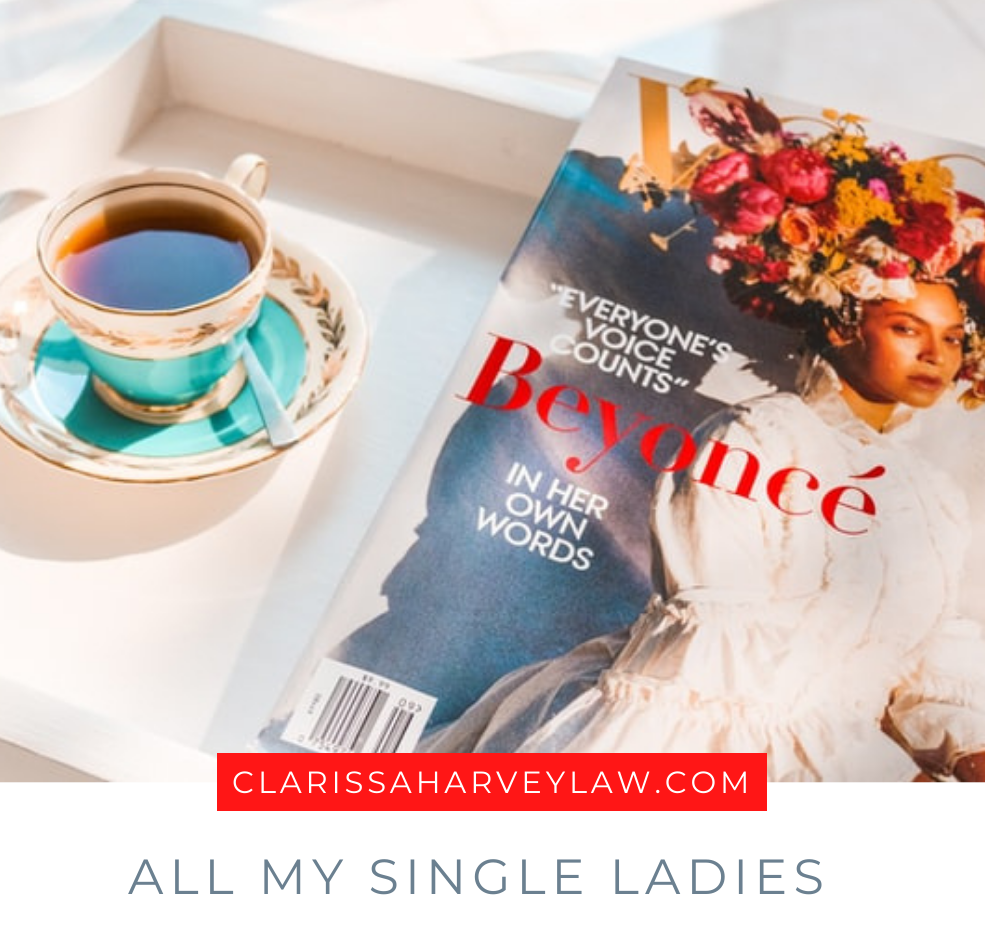In July of 2020, JaQuel Knight made history when his choreographic work in Beyoncé Single Ladies music video became the first non-ballet choreography to be approved for copyright registration. Why is this monumental? Although copyright protection for U.S. works is automatic, registering a copyright provides several benefits to copyright owners, including the ability to file a lawsuit for infringement. In fact, in March of 2019, The Supreme Court ruled in Fourth Estate Public Benefit Corp. v. Wall-Street.com that copyright claimants cannot sue for infringement until after the U.S. Copyright Office issues a copyright registration. And more importantly, once you obtain a successful copyright registration for your work, you can then monetize it and license it to others who wanted to use it in public performances, from feature films to global tours. Copyright registration is not intended to prevent fans from culturally using dance moves at home, it is only intended to prevent the large corporations from appropriating and taking from the Choreographer without granting just compensation.
Lateef Mtima, the founder and director of the Institute for Intellectual Property and Social Justice and a professor of law at Howard University comments on the importance and gravity of Jaquel Knight's registration, “It’s potentially as important as the revelation that Ray Charles negotiated back ownership of his masters. At the time he did it, no one knew it. But when it became public knowledge, it awakened modern-day artists to start thinking about their intellectual property from that perspective. The prescience JaQuel has is so important: It’s a way to awaken his artistic community, [to tell them] that they are ignoring one of the most important tools in the toolkit.”
Now, with the growing popularity of virtual dances and challenges on TikTok, a popular video-sharing social media app, many are wondering if it is possible for an "Average Joe" to copyright a dance move before it goes viral? The answer to this question depends because dance moves fall into a gray area in copyright law. Copyright law does protect “choreographic works,” and now it is clear that copyright law also extends to protect choreographic work commercially in Pop Music, thanks to Jaquel Knight, but it is important to note that the Copyright Office says that “social dance steps and simple routines” are not protected because they consist of only a few movements or steps. Thus, they are considered "building blocks" of free expression, which are in the public domain for choreographers, dancers, and the general public to use, perform, and enjoy. Examples of commonplace movements or gestures that do not qualify for registration as choreographic works include: a celebratory end zone dance, or an athletic victory gesture, waltz step, the hustle step, the grapevine, or the second position in classical ballet.
What is the difference between a “choreographic work” and a “social dance step”? The Copyright Office says that registerable choreographic works are typically more complex and intended to be executed by skilled performers before an audience. By contrast, uncopyrightable social dances are generally intended to be performed by members of the public for the enjoyment of the dancers themselves. For example, the USPTO recently denied the Fresh Prince of Bel Air's Alfonso Ribeiro a copyright registration for “The Carlton”, a widely recognized dance popularized by Ribeiro during his days as Carlton Banks. The USPTO stated that the Carlton was “a simple routine made up of three dance steps” and “is not registerable as a choreographic work.
Creators in the music industry are way behind the curve when it comes to protecting their work, of more than 500,000 applications the Copyright Office receives for millions of works registered each year, says Robert Kasunic, a U.S. Copyright Office’s associate, the number for choreographic works is typically less than 20. Congratulations are in order because Knight has successfully paved the way and opened the floodgates for creators to register and obtain copyright protection for their work.
© Copyright 2020. The Law Office of Clarissa. All Rights Reserved.

